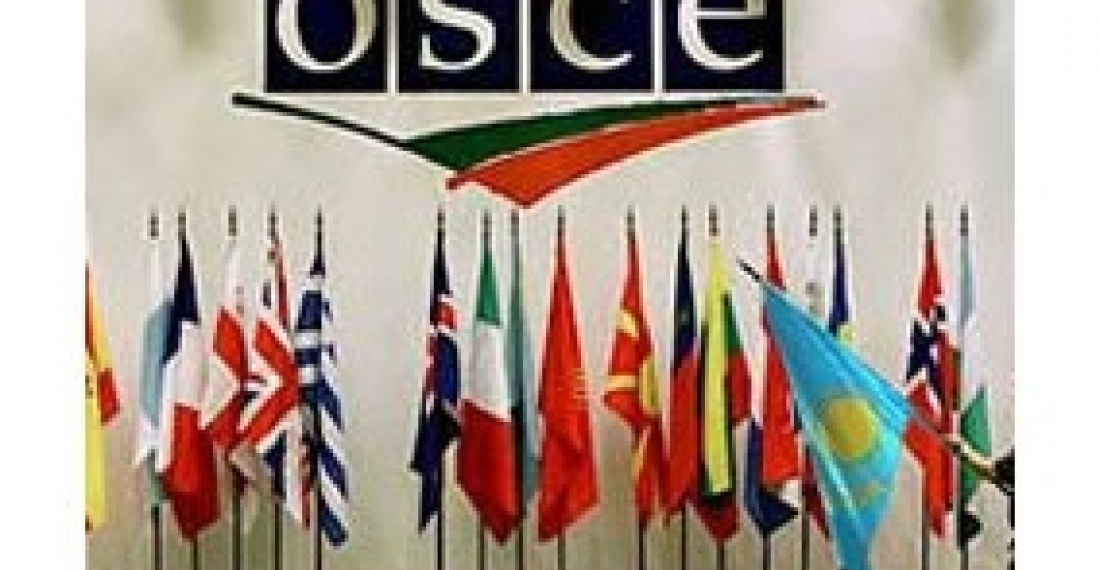The two-day seminar for mass media kicked off in Yerevan today. The seminar was organized by the OSCE and public organization Europe in Law Association and financed by the EU. The seminar is dedicated to the forthcoming parliamentary election on 6 May and is directed to their fair and impartial coverage.
The purpose of the seminar is to raise information awareness of Armenian journalists about the electoral processes, as well as to raise the quality of coverage along with observing of ethical norms. The head of the OSCE Yerevan office Andrey Sorokin made a speech at the opening ceremony of the seminar. He said it is very much important to have a correct and impartial approach to the coverage of the election, as it is the key factor for holding of fair and democratic elections. He also added that the seminar will allow journalists to gain the needed knowledge for impartial coverage of the forthcoming elections, as in their turn, having enough knowledge a journalist will help a voter to make the right choice.
For his part, representative of US Embassy in Armenia Chistopher Anderson said that the USA will support Armenia to hold fair and democratic elections. He also added that fair and democratic elections will allow Armenia to come forward at the world arena more confidently.
OSCE raises quality of Armenian mass media
OSCE raises quality of Armenian mass media







